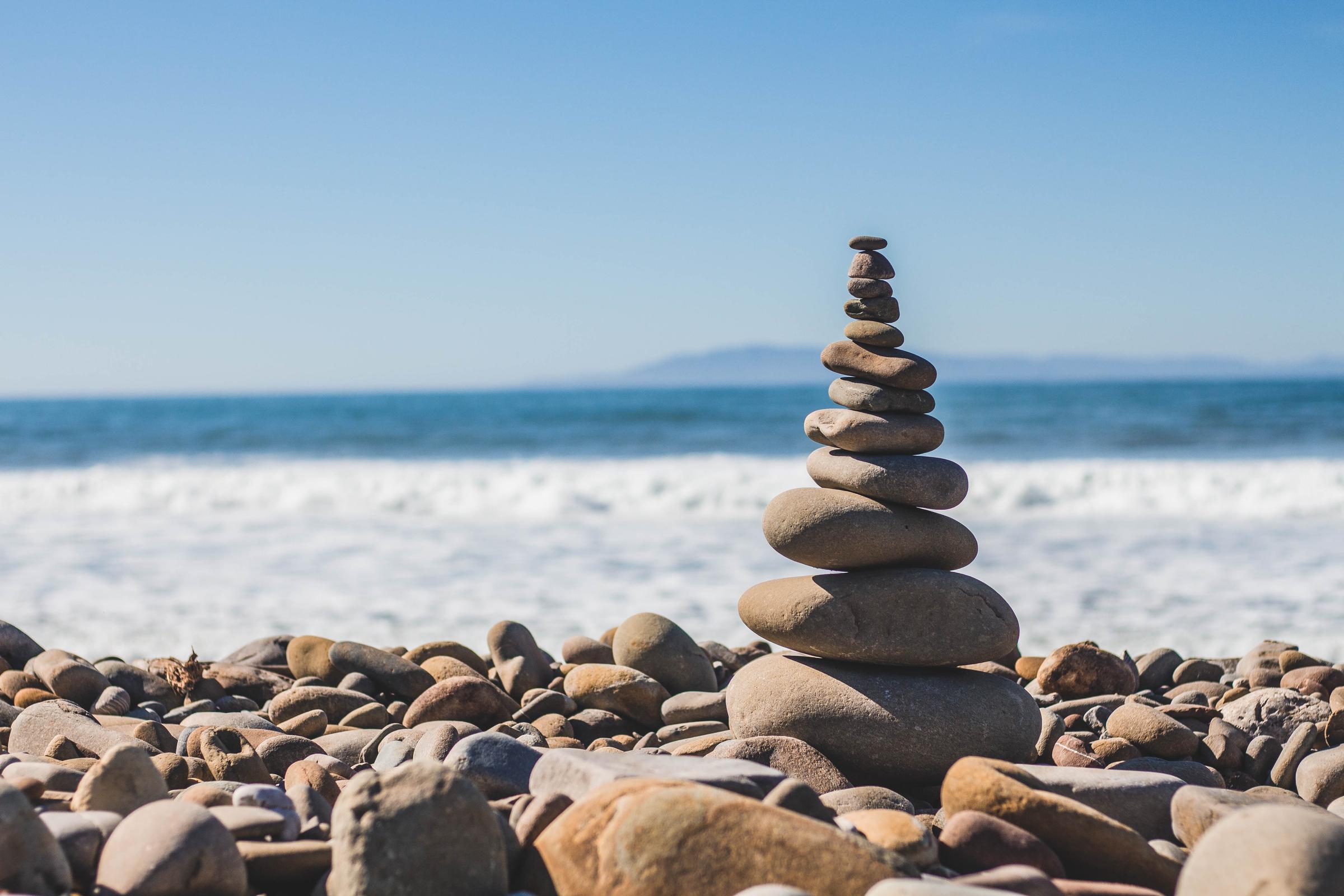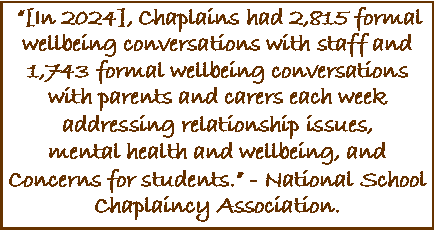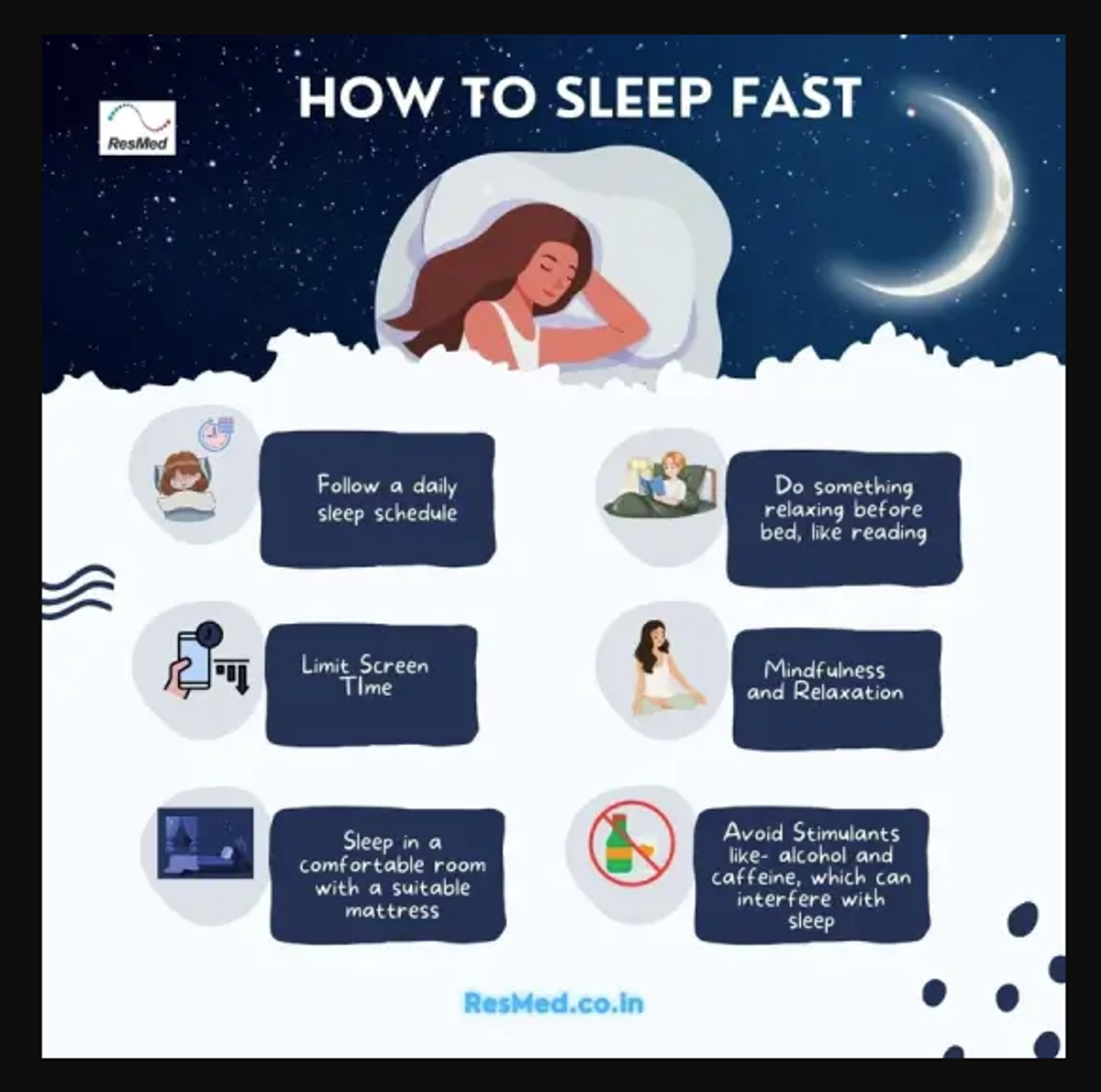WELLBEING & CHAPLAINCY

Anxiety and Sleep – There’s nothing worse that being really tired and not being able to get to sleep! Frustrating isn’t it??
Things you should know:
· If you are a "worrier", you are at greater risk of having insomnia.
· Worrying about your sleep can make it worse. This may create a vicious cycle of poor sleep and worrying.
· Worrying may disturb your sleep even you if you are not an anxious person.
· If you have a regular pattern of poor sleep and feeling tired during the day, you may feel less sure of your ability to ever sleep well again.
· Insomnia that began in a time of high stress might not go away, even after the stress has been dealt with.
· To treat insomnia, one of the main things you should focus on is being more relaxed and drowsier before going to bed.
Using alcohol for relaxation may lead to worse sleep. It is a popular myth that alcohol improves sleep.
How do I stop feeling anxious about my sleep?
It is important to understand that waking up at night is normal. Everyone does it to a greater or lesser extent. Some people remember waking up and may worry about it. Others do not remember waking up. Worrying about sleep usually makes the sleep worse. Do not think “I won’t be able to function tomorrow unless I get back to sleep”. Instead try: “I’ve been able to function on less sleep before and I will get by OK again tomorrow”. Relaxation exercises before going to bed may help. If sleep anxiety continues, a doctor should be consulted. A referral to a specialist sleep psychologist may also be needed.
What re good sleep habits?
Good sleep habits are often referred to as good sleep hygiene. There are many things that can be done to improve sleep. Here, we will give you some guidelines for what you should and should not do for a good night's sleep. Many people have trouble with their sleep. If you are one of them, some of these simple things may help.
· Keep regular times for going to bed and getting up.
· Relax for an hour before going to bed.
· Avoid going to bed on a full or empty stomach.
· If you are not asleep after 20 minutes in bed, go to another room until you feel tired again.
· Many poor sleepers spend too long in bed.
· Keep distracting things out of the bedroom.
· Get some sunlight during the day.
· Most adults of all ages need 7-9 hours of sleep.
An evening nap can make it hard to sleep at night.


